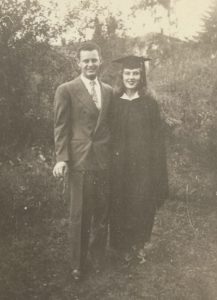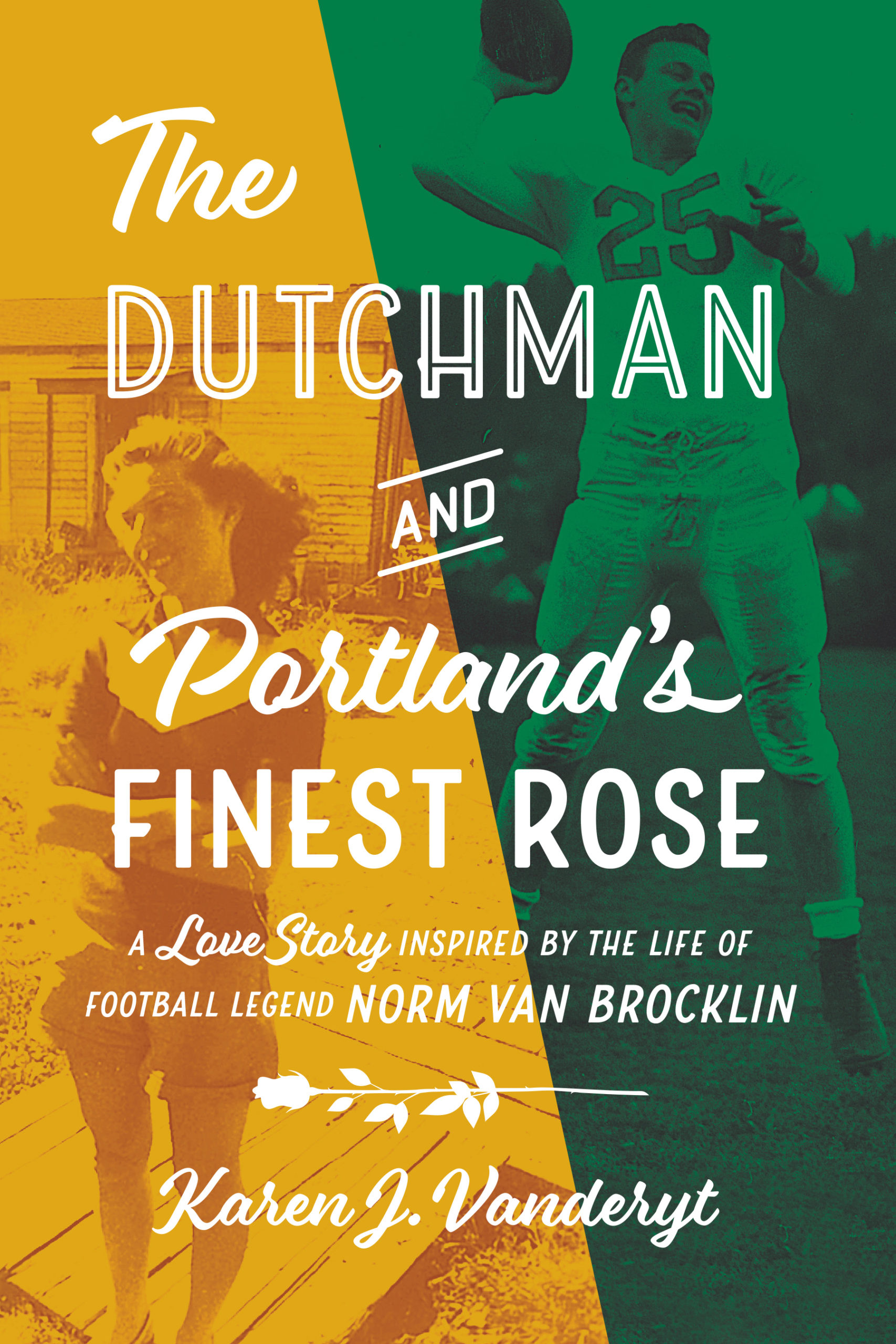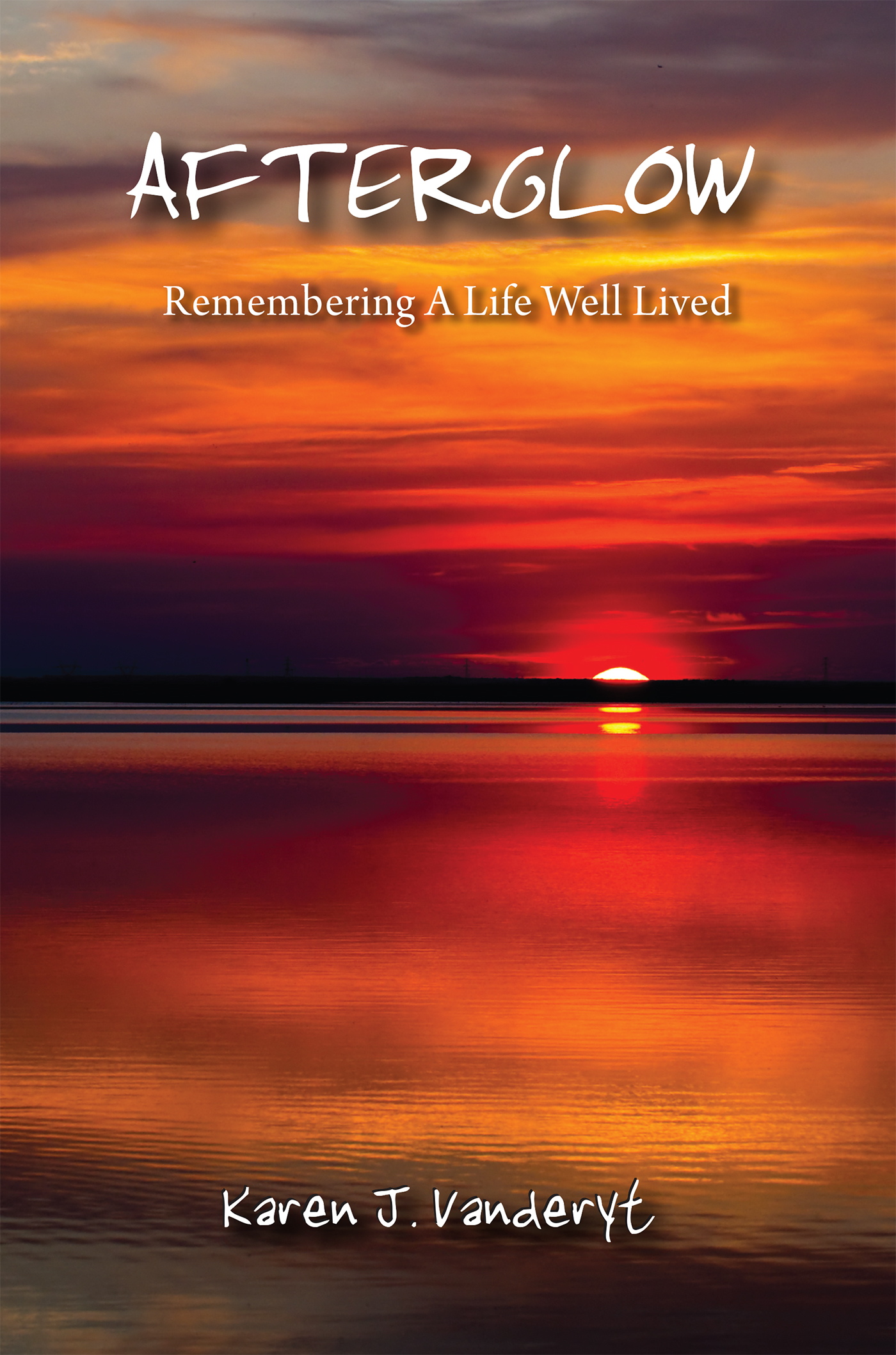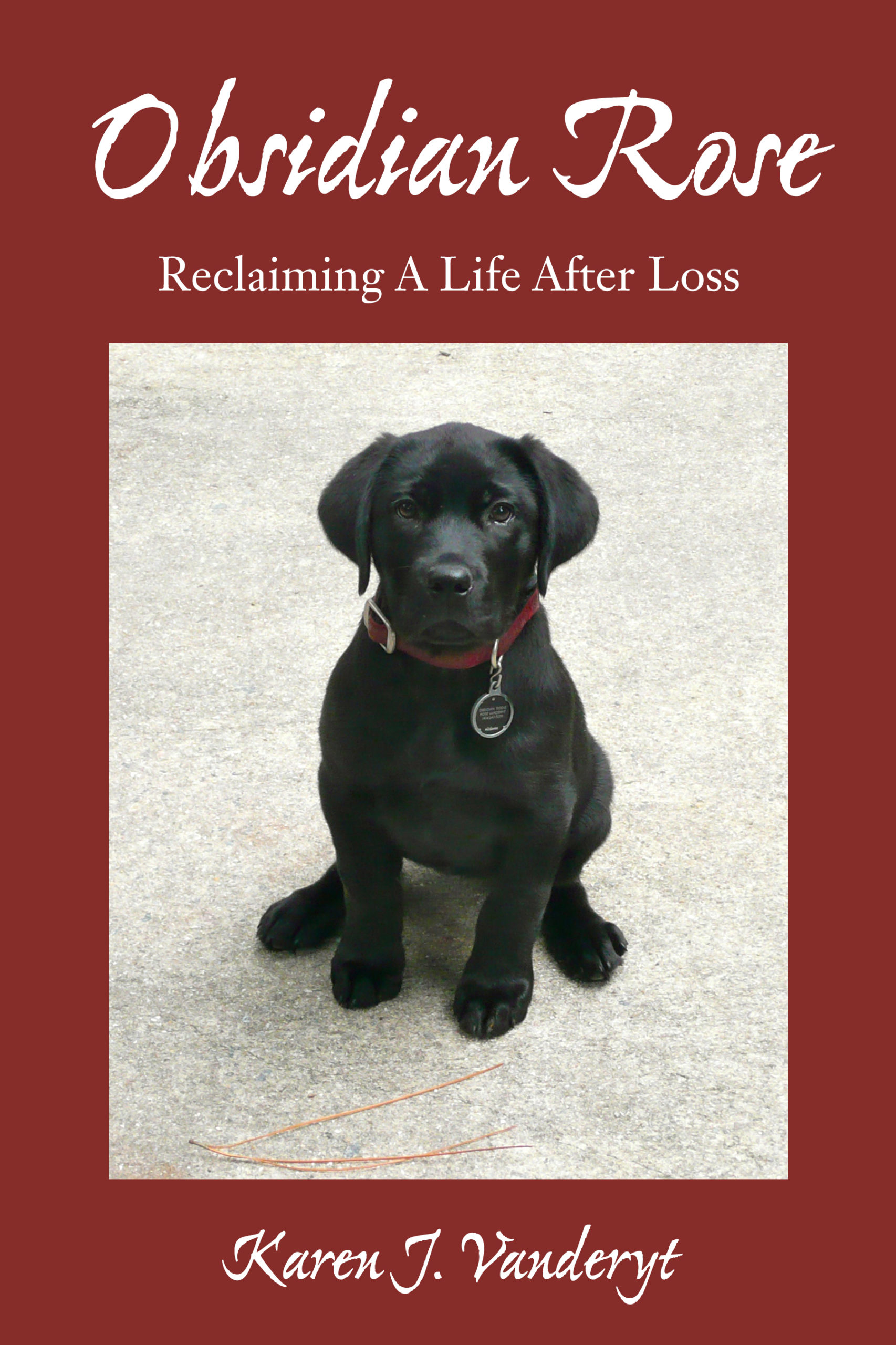Hidden Gems
Nov 1, 2021
Have you ever uncovered hidden gems about your parents after they passed away? What did you do? Did you open a love letter and read it? Did you blush or laugh at reading your father’s term of endearment for your mother?
I did as I read my father addressing my mother as “Sweetie Face” and signing his name as “your loving husband” when they weren’t even engaged! And as I sifted through all of my parent’s letters and writings, their candid photos, newspaper clippings, telegrams, and Valentine cards while writing my book, The Dutchman and Portland’s Finest Rose, I felt uncomfortable at times, like a voyeur, but my curiosity always won out. As I dug deeper, more questions surfaced, leading to more digging and queries. With each answer, I came to appreciate the unique challenges of their times and the complexity of their choices.

Stub with Gloria on her graduation day, University of Oregon, June 1946, nine months before their wedding.
My own discoveries led me back in history to post-WWII society, learning about world events that shaped their choices and often limited their options, which helped me understand some of the personal decisions they made, particularly in my mother’s case.
My mother was raised to believe she could be, and do, anything she set her mind to. She received her master’s degree in biology, no small achievement in her day, though she never met her goal of attending medical school. Very few women were accepted to med school in 1947, and many women, including my mother, felt it was impossible to raise a family and have a fulltime career. With few role models, they carried the full weight of the dream. Today, approximately 53% of the medical school student body is female. I like to think the sacrifices women of her generation made furthered the freedom of choice for my generation and continues to serve as inspiration for their granddaughters and great granddaughters.
Conversely, Dad’s perseverance in school and on the football team impacted the next generation of student athletes. There were only four African American football players out of fifty-two members on the 1948 Duck roster, and the University of Oregon campus had few Black students. Dad and his teammates not only accepted and appreciated the camaraderie and abilities of their Black teammates, they also demanded their inclusion in the 1949 Cotton Bowl, which up to that point was segregated. And though the game was a tough loss to SMU, the team stood unified on the field. Today’s classrooms and team rosters are far more diverse than in his day, and that is in large part to the broad shoulders of those who paved the way. And though we can never be satisfied with the status quo, we can acknowledge progress has been made.
While writing, I couldn’t help but wonder what my own children might think about their parents when they discover things about us after we are gone. Will they roll their eyes when discovering a risqué photo of their dad? Will their hearts melt when reading snippets of my journal exposing my vulnerability, realizing their mother—often the disciplinarian and “tough guy”—struggled with moments of insecurity and doubt? Will these insights change how they feel about us? Will they come to accept our complexities and love us even more?
And will they bother to explore the challenges of our generation and come to appreciate how we dealt with them? Will they wonder how we navigated a world of Viet Nam War protests, civil unrest, drugs, segregation, abortions, and AIDS? Will they find our actions and resolve brave, appropriate, or lacking?
I hope they will look through a broad prism and not superimpose today’s values on a time when a generation was wrestling with inequalities and struggling to make the world a better place. Learning from the past, and not judging it, is far more constructive than ignoring the challenges and appreciating the progress. Perhaps pausing a moment and reflecting on the past might make us all feel more connected, more human, and less marginalized.
What will you do? Will you take the steps to learn about your family’s past during the time they lived to understand their life decisions and further the progress?



I loved your Hidden Gems. Beautifully written and very thought provoking.
Just another layer of added insight as to what you experienced while researching and writing your fantastic book!
Thanks Jane…appreciate your comments and support!